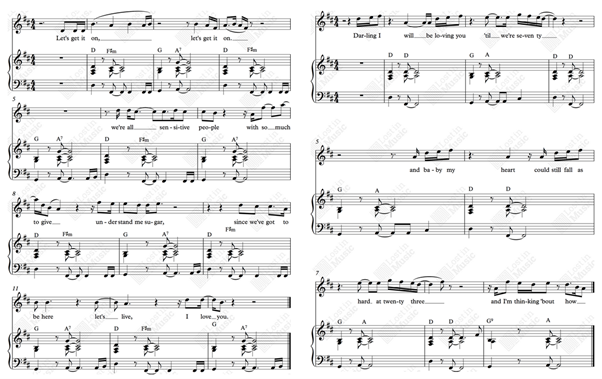My name is Keren Simpkins, and I am a 2nd year music student who took part in the Collaborative Research Internship project ‘Transposing Music Copyright with Sonic Pi: An Exploratory Analysis of Litigated Music Works Using a Programmatic Approach’ led by Dr Chen Zhu, Birmingham Law School.
As a music student with an interest in coding, I was delighted to be involved in a CAL Collaborative Research Internship which combined both of these interests. The aim of the project was to compare complaining and defending songs using the coding software Sonic Pi. We began the project by analysing the music of Ed Sheeran, as Ed Sheeran has faced multiple accusations of plagiarism and copyright infringement. One of the tasks we had to do was decide whether we thought Sheeran had plagiarised certain aspects of the pieces, or whether these features were too common in pop music to be protected by copyright law.

The recent case of the Estate of Ed Townsend vs Sheeran (Griffin v Sheeran (2019) 351 F Supp 3d 492 (Dist Court): Griffin v Sheeran [2020] Dist Court 17 Civ. 5221 (LLS)) demonstrates how the skills we learnt during this internship could help us in a legal career. Townsend was a co-writer with Marvin Gaye of the song ‘Let’s Get It On’ from 1973, and his estate accused Sheeran of plagiarism in his 2014 song ‘Thinking Out Loud’. The main argument for infringement was the evident similarities of the chord sequence and rhythm. Both songs use the chord progression I, iii, IV, V, and these chords are played using the same syncopated rhythm. However, the instrumentation of Sheeran’s song is lighter, and structurally differs from ‘Let’s Get It On’. Moreover, the melodic content is completely different, as shown in the scores from Lost in Music below. The outcome of the case landed in Sheeran’s favour, as the arguments for infringement included techniques that are extremely common in pop music and therefore not protected by copyright law. This case shows the importance of music analysis that could be employed in the legal field as an attempt to distinguish between plagiarism and popular techniques.
I really enjoyed taking part in this internship, as it has allowed me to develop my proficiency in coding and music analysis and has shown me a career path that I didn’t know existed.
Keren Simpkins, BMus Music
